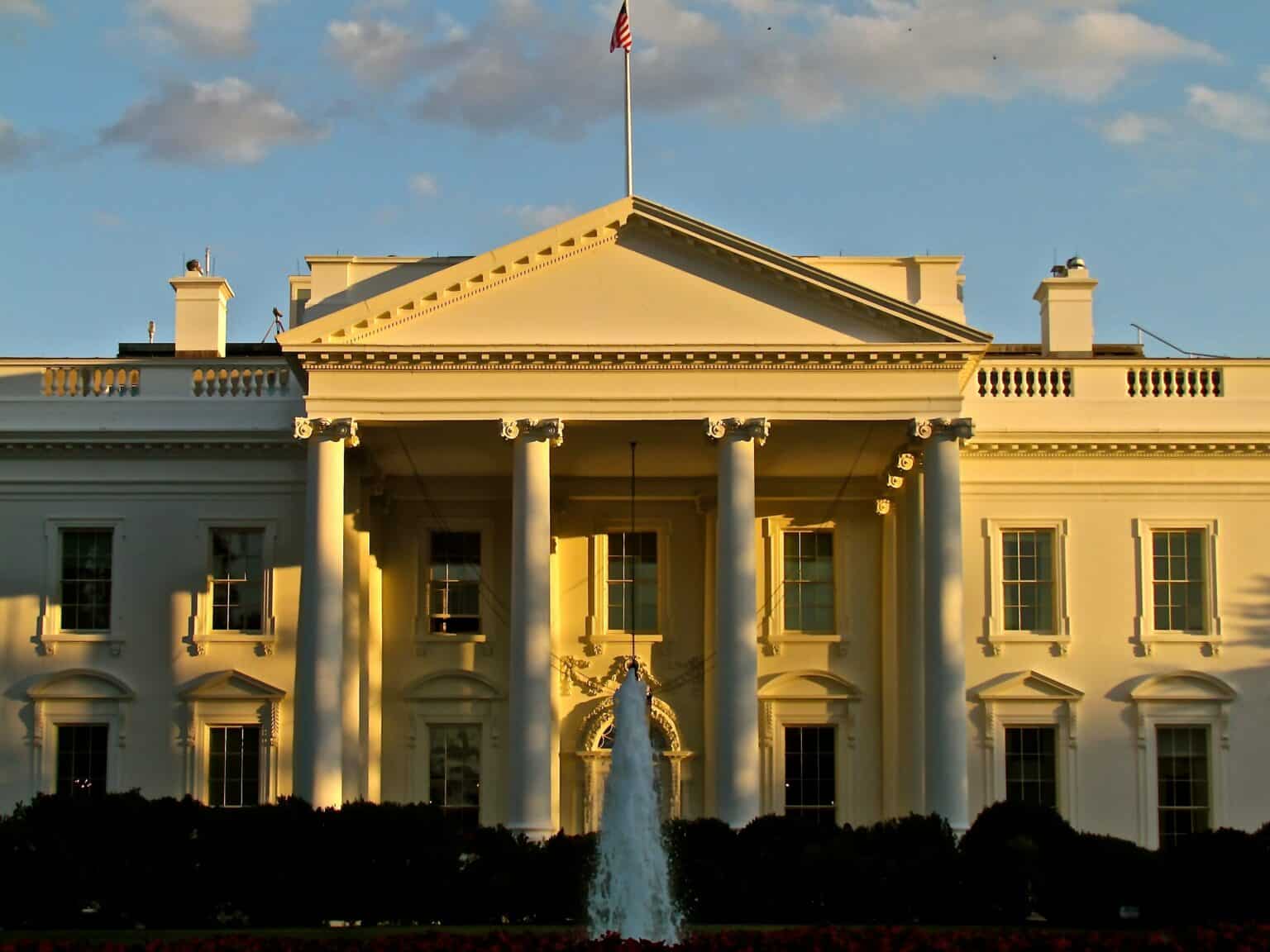President Biden on Tuesday was set to meet with Congress’ leaders—Senate Majority Leader Chuck Schumer (D-NY), House Speaker Kevin McCarthy (R-CA), Senate Minority Leader Mitch McConnell (R-KY), and House Minority Leader Hakeem Jeffries (D-NY)—amid a political stalemate over talks to raise the debt ceiling and avoid default.
The meeting was scheduled for 4pm ET in the Oval Office. It would be the first face-to-face debt meeting at the White House since Biden and McCarthy initially met in February.
House Republicans have proposed legislation that ties a short-term debt ceiling hike to decade-long spending cuts.
The bill, which passed in the House along partisan lines, includes cuts to veterans’ benefits and work requirements for Medicaid recipients. Schumer has declared it dead on arrival in the Democratic-controlled Senate.
McConnell, who insisted in January that “America must never default on its debt. It never has, and it never will,” has also signaled that he won’t rescue Democrats in the negotiations, having reportedly told the President in private that it was up to Biden and McCarthy to come to an agreement.
“The White House and the speaker’s teams need to sit down now and settle it,” McConnell has also publicly said.
All but six Republican Senators—Susan Collins of Maine, Lisa Murkowski of Alaska, Mitt Romney of Utah, Rand Paul of Kentucky, Josh Hawley of Missouri and John Kennedy of Louisiana—have vowed to oppose raising the debt ceiling without “substantive spending and budget reforms.”
The federal government hit its $31.4 trillion debt limit on January 19, at which time the U.S. Treasury undertook what Secretary Janet Yellen called “extraordinary measures” to prevent defaulting on the debt.
However, both Yellen and the non-partisan Congressional Budget Office (CBO) have warned that those measures will run out possibly as early as June 1.
On Monday, Yellen called on the nation’s top CEOs to explain the “catastrophic” impact defaulting on the debt could have on the U.S. and the world, referring to the “dangerous consequences of the current brinkmanship.”
“Household payments on mortgages, auto loans, and credit cards would rise, and American businesses would see credit markets deteriorate.” she has previously warned. “On top of that, it is unlikely that the federal government would be able to issue payments to millions of Americans, including our military families and seniors who rely on Social Security.”
Wall Street analysts have further noted that a stock market plunge as a result of debt default could wipe out 6 million jobs and $15 trillion in wealth.
The United States has never defaulted on its debt. But it has repeatedly come close, perhaps most notably in 2011 when the U.S. suffered its only credit rating downgrade in its history, amid the rise of the conservative tea party movement in the House.


